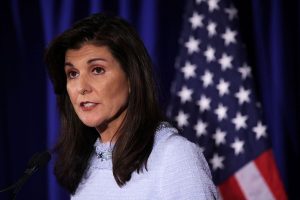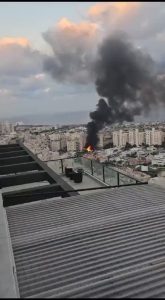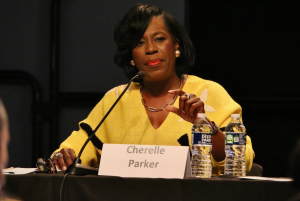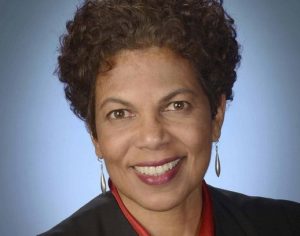Iraq will hold a parliamentary election next month to elect 329 lawmakers as the country emerges from almost two decades of war and insurgency following the 2003 US-led invasion that ended the reign of Baathist dictator Saddam Hussein. Nearly 25 million Iraqis are eligible to vote in the elections that will see more than 3,200 candidates in fray from 83 constituencies. A 25 % quota has been reserved for women in the Council of Representatives. Influential Shiite leader Moqtada Al Sadr on Tuesday urged Iraqis to “save” the country in the in the October 10 polls.
The Al Sadr-led Saeroon alliance emerged as the biggest winner of the 2018 elections with 54 seats, and his Sadrist Movement is again expected to have a decisive influence in the government’s formation. Al Sadr rose to political prominence after leading an insurgency against the US forces.
Also Read:Amid rumours of his death, Al-Qaida chief emerges in 9/11 video
In July, he vowed to boycott the parliamentary elections that are being held six months early in wake of a protest movement in 2019 against corruption, unemployment and crumbling public infrastructure.
Groups drawn from the Shi’ite majority that was catapulted to power after the US invasion are expected to “remain in the driving seat,” according to Reuters.
Also Read: Mohammad Hasan Akhund to lead interim Taliban government
But the Shi’ites are “sharply divided, including over the influence of Iran,” which is trying to reinforce its influence over the country.
Hadi al-Amiri-led Fatah Alliance, which bagged the second-highest 48 seats in 2018 elections, is the biggest grouping of pro-Iran parties. al- Amiri heads the Shiite political organization Badr and its armed wing, the Badr Brigade.
Former Iraq Prime Minister Haider al-Abadi has joined hands with the Hikma Movement of moderate Shi’ite cleric Ammar al-Hakim to form the National State Forces Alliance.
Also Read: Military contractor Erik Prince charging $6500 for a flight out of Kabul: Reports
An alliance led by Abadi won 42 seats in the 2018 elections, while Hikma won 19.
Another former prime minister, Nuri al-Maliki heads the State of Law coalition which won 25 seats in 2018.
Parliament speaker Mohammed al-Halbousi is leading the Taqaddum alliance that enjoys support in the Sunni-majority north and west of Iraq.
Kurdistan Democratic Party that won 25 seats in 2018 and the Patriotic Union of Kurdistan (PUK) that won 18 are expected to retain the majority share of Kurdish votes.
“Even within my family we don’t agree,” Mohammed Yasser, a rights activist from the city of Nassiriya, where security forces gunned down scores of demonstrators in 2019, told Reuters.






